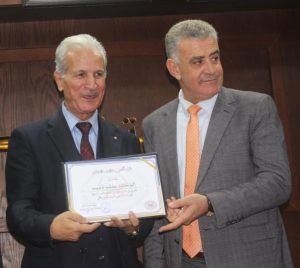In Egypt, talents are born not only from the land but from the patience of rural areas and the sincerity of streets that teach their children before schools do. This country is not just the cradle of civilization but a factory of creativity. Here, a child paints pictures unaware they are art, a young man sings without realizing his voice suits grand theaters, and a girl tells stories as if she were Naguib Mahfouz in spirit.
From small villages to popular neighborhoods, the nation pulses with talents in sports, culture, literature, and art—talents lacking not creativity but fairness. If you look with the eye of a jeweler, you see a diamond in every home, but the problem is most of us look with passing eyes, not with eyes searching for gold beneath the soil.
Those who closely follow social media find videos documenting pure faces, clear voices, feet kicking the ball as if born in European academies, pens writing poetry as if copied from the era of Al-Mutanabbi. Yet all this is lost amid the crowd of likes without a hand extending to nurture it or a mind planning to invest it as a national treasure.
If talent is left without care, it withers, and if neglected, it may turn from a constructive energy into regret. We need to look at our children in the countryside and Upper Egypt with a national perspective, not pity. They are not on the margins but at the heart. We need discovery centers, not beauty centers; inclusion, not seasonal celebration; and officials who have ears to listen before others seize them, which has recently begun.
Talent is not a luxury but a raw national wealth; either we make glory from it or leave it to oblivion.












Recommended for you
Talib Al-Rifai Chronicles Kuwaiti Art Heritage in "Doukhi.. Tasaseem Al-Saba"
Exhibition City Completes About 80% of Preparations for the Damascus International Fair Launch
Unified Admission Applications Start Tuesday with 640 Students to be Accepted in Medicine
Egypt Post: We Have Over 10 Million Customers in Savings Accounts and Offer Daily, Monthly, and Annual Returns
His Highness Sheikh Isa bin Salman bin Hamad Al Khalifa Receives the United States Ambassador to the Kingdom of Bahrain
Al-Jaghbeer: The Industrial Sector Leads Economic Growth